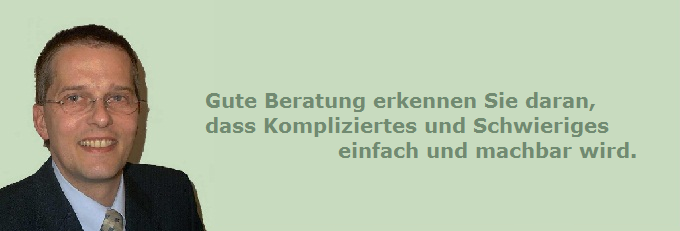PROFIT November 2002 Issue: The Paper(less) Chase
 Gerling Ring-Karree Erbaut 1999-2001, Architekt: Norman Foster, Grundfläche 5.700m² Höhe max. 57,5 m, bis zu 16 Stockwerke, Foto: Steffen Hauser
Gerling Ring-Karree Erbaut 1999-2001, Architekt: Norman Foster, Grundfläche 5.700m² Höhe max. 57,5 m, bis zu 16 Stockwerke, Foto: Steffen Hauser
Germany's Gerling Insurance settles its claim against pulp.
By Lynn Tryba
As the world's second largest credit insurance provider, Gerling Insurance Group knows how to take calculated risks that pay off. In 2000, the Köln, Germany-based company faced two major challenges: regrouping its workforce, which hadspreadacross downtown Köln during company expansion, and transitioning to a virtually paperless office.
"Storing paper in office buildings is like burning money," says Stefan Görres, Gerling's IT consultant. The electronic filing of data appealed to the company for the cost reduction it meant in terms of decreased storage space and for the increase in processing speed it provides for business workflows.
Gerling commissioned a new building with offices, restaurants, and even apartments to reintegrate its workforce. To ensure its transition to a virtually paperless environment, Gerling purposely instructed the architect to design the building so that it couldn't bear the weight of millions of paper contract and claim files. Görres estimates that the company saved up to 33 percent in workplace-related business costs because of the decreased need for storage space.
"Our investigations showed we had up to 12 million pages," says Görres, the project's coleader. "It was not so charming."
Work began on reducing the file types, but time constraints still dictated a one-to-one migration to electronic filing by scanning.
In order to integrate the scanned information into the IT structure, the project team chose Oracle9i Internet File System (iFS, now known as Content Management Software Development Kit, a component of the Oracle Collaboration Suite), which comes bundled with Oracle9i Application Server (Oracle9iAS). "In light of the time pressure, obtaining everything from one source had a certain appeal," says Markus Schröder, Gerling's information systems project manager. "That way, we knew the database and overlying software architecture would fit together."
Each day, an outside service provider delivered as many as 60,000 scanned pages on DVD.
"We got complete support, availability, and consistency from the Oracle database, and file structuring from iFS," explains Görres. Before, employees could read contracts only during normal office hours. "Now they can access to this information from every location worldwide, 24 hours a day," says Schröder.
To ensure that only one copy of each document existed in the database, the team created interdepartmental client files. Each file could be accessed on a read-only basis by all departments but modified only by the department responsible for it.
Files were stored in a hierarchical tree with a main directory that allowed for many substructures. The implementation allowed each department's wide variety of filing systems to be transferred—no small task, as 677 different document types were distributed among 300 file types.
In terms of filing alone, employees have cut the time spent in half. They no longer worry about files being misfiled, sidetracked in transit, or lost. Employees are also working with the latest information available, not an outdated paper document misfiled in a file folder.
"In the past, we sometimes had to search for information for up to five days," Görres says. Now, about 250 simultaneous users "can access up to three images per second," says Schröder. "Our requirement was only two images per second. That allows very quick access to documents." The reduction in response times translates into better service and improved customer satisfaction.
Gerling Insurance Group already holds 25 percent of the global credit-insurer market share. Without the weight of 12 million pages, who knows how high that market share might soar?
Lynn Tryba is a regular contributor to Profit and has written for CNNfyi and Robb Report.
Copyright © 2003, Oracle Corporation. All rights reserved.

